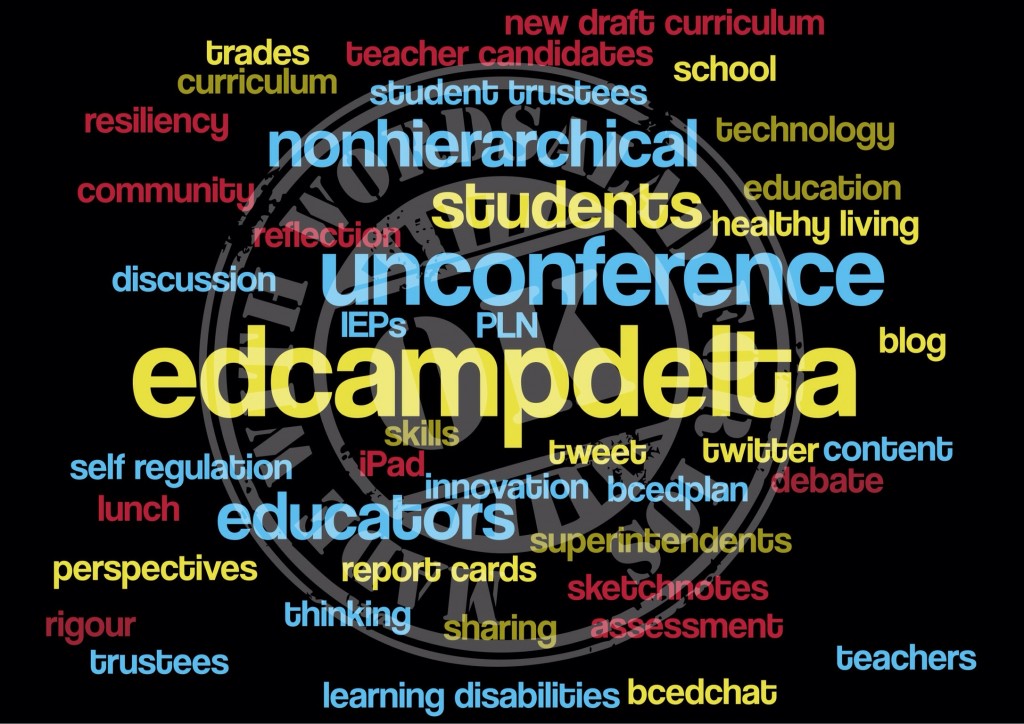This blog post is a short summary of my thoughts and feelings since 2002 when I was a grade 6 student and BC teachers were in stage 2 of job action. The writing and sharing was spurred by a post on Facebook where a wife of a teacher considers going into education. Her post is met with mixed responses of “do” and “don’t”, which is something I have heard a lot as I considered going into teaching. You can read the post here: https://m.facebook.com/groups/203565789706890?view=permalink&id=746676858729111
This post is not so much focused on the history of BCTF bargaining or the current dispute, but is my personal experience and pathway because of the two.
I was in grade 5 in 2002 and I organized a student walkout at my school. Although I didn’t really understand what was going on, I knew something was wrong, and I knew for some reason my teachers “couldn’t” or “wouldn’t” write us report cards or continue with extracurricular activities. I, along with other students, were written about in the local paper as being “juvenile delinquents” and as acting for our parents. That was not the case. We were just confused, upset students caught in the dispute, as many currently are.
In 2005, when I was in grade 10 we had another strike and I enjoyed the two weeks “off” school and spent it riding my horse to visit my teachers on the picket line. Even though we missed two weeks, the teachers and administrators of my rural high school, as elsewhere in the province, made modifications to the year schedule to ensure we learnt what was required. I have continued faith in their ability to do that now, as needed, when students return to school.
I graduated high school with no major damage due to job action. Throughout my Bachelor of Science Degree in Biology I did a lot of work with youth in various settings: nature school, outdoor summer camp, GeneSkool, Vancouver Aquarium AquaVan, etc. I knew I was destined to work with children in an educational setting. However, I never thought the public school system was for me. The biggest stumbling block was that I didn’t want to be involved in the politics of the job that I had faced as a student. Many teachers told me not to go into teaching, or to go to another province. There were still a few that relentlessly suggested it though.
After I graduated university I received a job teaching English in a public francophone school in New Brunswick. I took it primarily for the opportunity to travel and to improve my French. But when I finished I was completely inspired by a plethora of passionate, loving, talented educators, and by an amazing, inclusive elementary school culture. This led me to apply to UBC’s Bachelor of Education program for the 2013-2014 school year. I still didn’t think I would ever pursue work in a BC public school though. I thought I would go elsewhere for work.
During my ten week practicum the lock out occurred and job action began, teachers voted on striking, and the strike began. I saw things from the other side, from the inside. I was upset and I was discouraged but I had finally seen the need for improved class size and composition, and for specialist teachers. I saw the struggles teachers faced in the classroom and how much time teaching actually took. I saw teachers confused, unsure to vote on a full scale strike to improve classrooms, knowing it would disrupt graduation activities for students.
I left to teach in Kenya for the month of June and I returned with a new outlook and global perspective on what it means to fight for education. My summer has now been filled with following the dispute between the BCTF and the BC Liberals. In the discouraging darkness I have found hope. The teachers have inspired me for holding their ground. They have made so many personal sacrifices in an attempt to improve the schools for our students.
I didn’t complete my BEd this year as I prioritized improving my French proficiency. As a result, next week I will be moving to Alberta to work for the Council of Ministers of Education Canada for their Official Languages programs. Despite being sad to leave BC at this point in time, I’m excited for this position and believe it will make me a better teacher. Next summer I’ll be finishing my BEd and I hope in the fall I’ll be making a difference in the BC public school system. In the meantime, I stand in support of our teachers.
Long story short: I cannot wait to return to BC and be a teacher here. I cannot wait to make a difference in the province that educated me from preschool through to university. I want to honour the teachers that are fighting for every child’s right to an education and for their future. Thank you to every educator who has been a part of my life, and a huge shout out to our BC public school teachers whom I believe are making history.
To the current students caught up in the dispute – I’m sorry it’s this way, but know you’ll be okay. The teachers are fighting for you now, and when you finally get back in the classroom they’ll still be fighting for you and you’ll learn what you need to learn. In the meantime, don’t be afraid to be loud, this is YOUR education. And, if anyone calls you a juvenile delinquent, I would say you’re actually just being an involved citizen.

 Follow
Follow